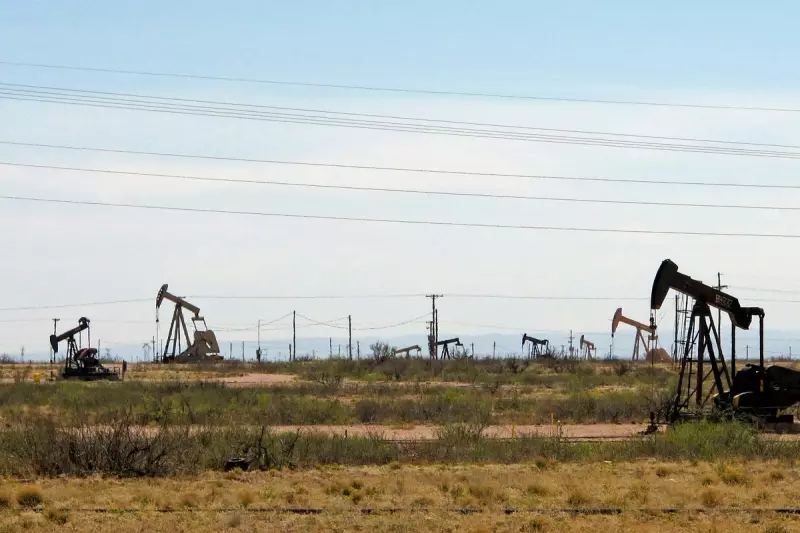
The Trump administration has unveiled controversial plans to significantly expand offshore oil drilling operations along the coasts of California and Florida, marking the first such expansion in these environmentally sensitive regions for decades.
Major Expansion Plans Revealed
Under the new proposals announced on Friday 21 November 2025, the administration would authorise six offshore lease sales between 2027 and 2030 along the California coastline. This represents a dramatic shift from current regulations that have prevented new federal leasing since the mid-1980s.
In Florida, the plan calls for new drilling in the Gulf of Mexico, maintaining a distance of at least 100 miles from shore. The targeted area falls within the newly designated South-Central Gulf region, adjacent to existing thousands of wells and hundreds of drilling platforms.
Interior Secretary Doug Burgum defended the proposals, stating that while it would take years for oil from new leases to reach markets, the plan ensures "America's offshore industry stays strong, our workers stay employed, and our nation remains energy dominant for decades to come."
Bipartisan Opposition Mounts
The drilling expansion has triggered immediate bipartisan criticism from lawmakers in both affected states. Florida Republican Senator Rick Scott, typically a Trump ally, declared that the state's coasts "must remain off the table for oil drilling." Scott had previously successfully persuaded the administration to drop similar offshore plans in 2018 during his tenure as governor.
In California, Democratic Governor Gavin Newsom didn't mince words, labelling the administration's plan as "idiotic." Newsom pledged that California would "use every tool at our disposal to protect our coastline," reflecting the state's long history of environmental protection dating back to the infamous 1969 Santa Barbara oil spill that helped spark the modern environmental movement.
Environmental and Economic Concerns
Environmental groups have expressed alarm about the potential consequences. The Environmental Defense Center, formed in response to the 1969 California spill, warned that the plan puts the Santa Barbara Channel at risk, describing it as an important feeding ground for endangered blue, humpback, and fin whales.
Maggie Hall, deputy chief counsel at the advocacy group, stated unequivocally: "There is no way to drill for oil without causing devastating impacts. The risk is unacceptable."
Lawmakers from both states warned that new offshore drilling could severely damage coastal economies that rely heavily on tourism and clean beaches. Florida Democratic Representative Kathy Castor reminded officials that the state is still recovering from the environmental and economic devastation caused by the 2010 Deepwater Horizon spill, which contaminated coasts across the Gulf.
Republican lawmakers from Florida, including Representative Jimmy Patronis, raised additional national security concerns, warning that oil exploration could interfere with military training areas for nearby airbases, potentially affecting testing of new munitions including hypersonic and counter-drone weaponry.
The American Petroleum Institute has welcomed the new plan as a "historic step" toward unleashing more offshore resources, while industry representatives point to California's history as an oil-producing state with existing infrastructure to support increased production.





